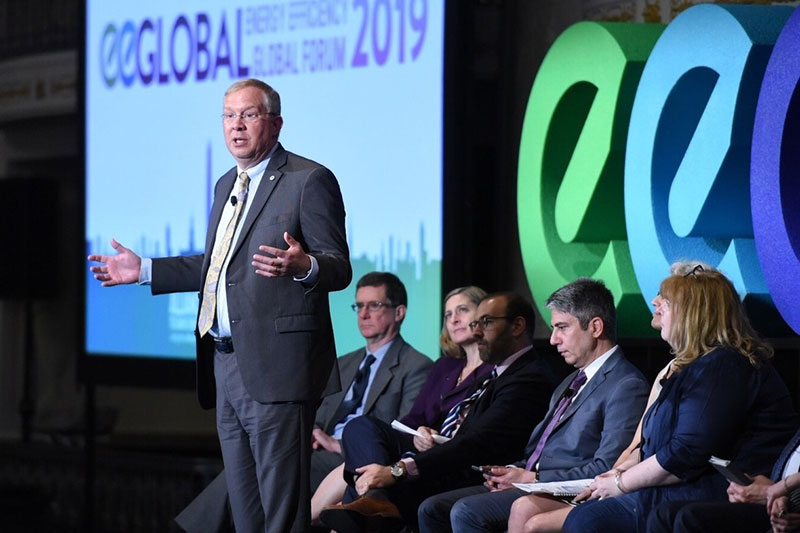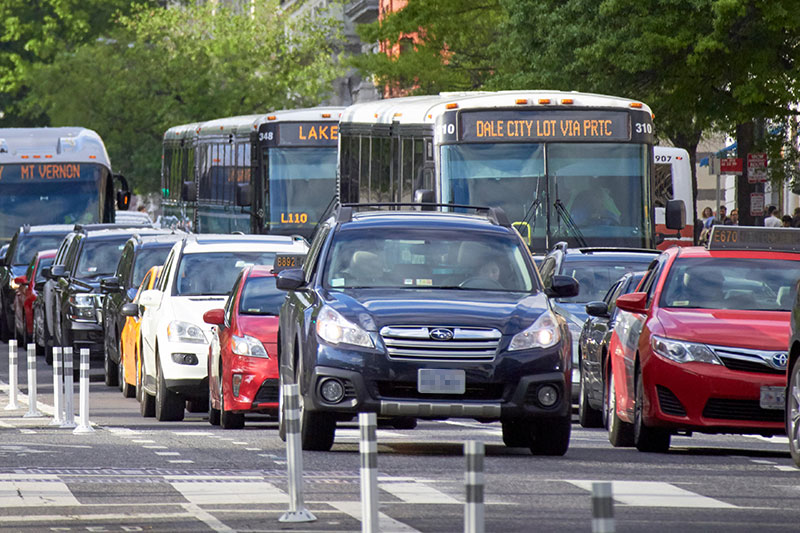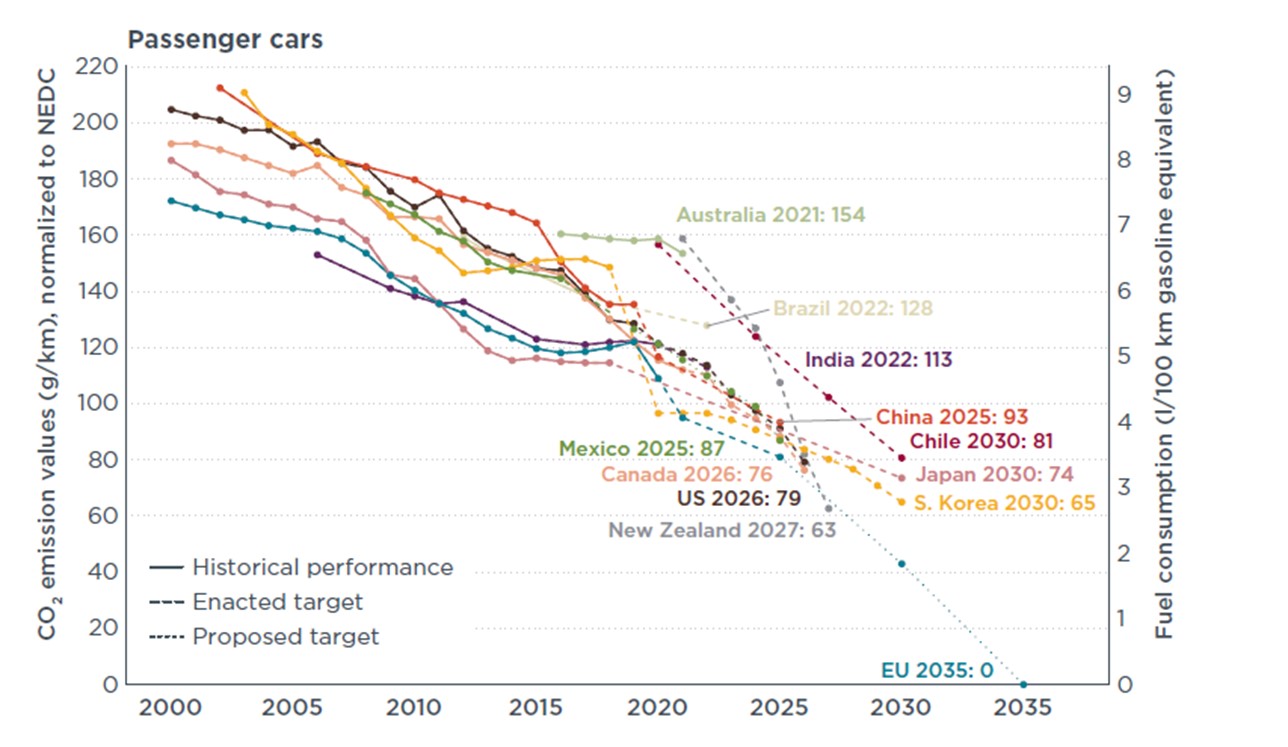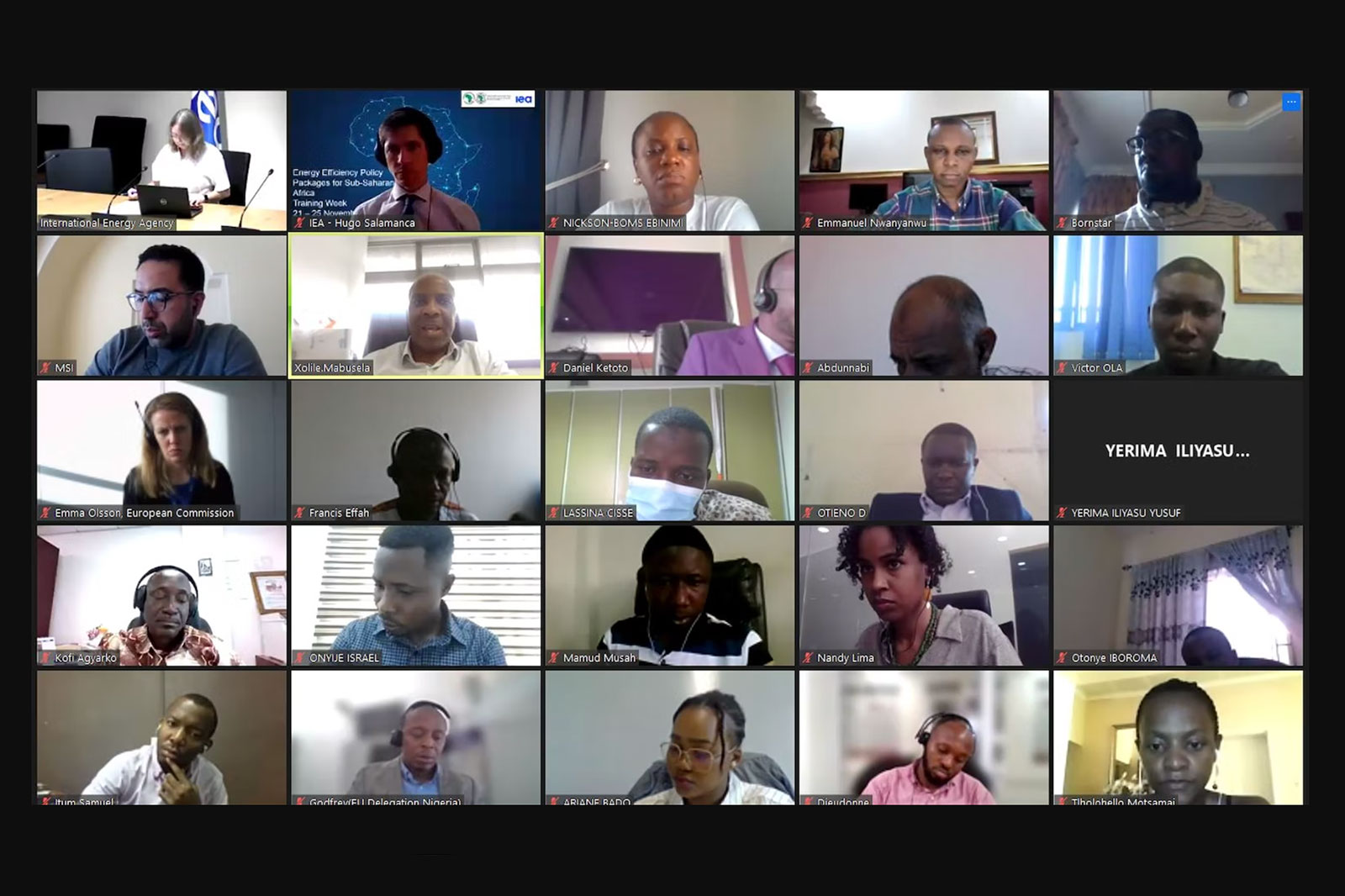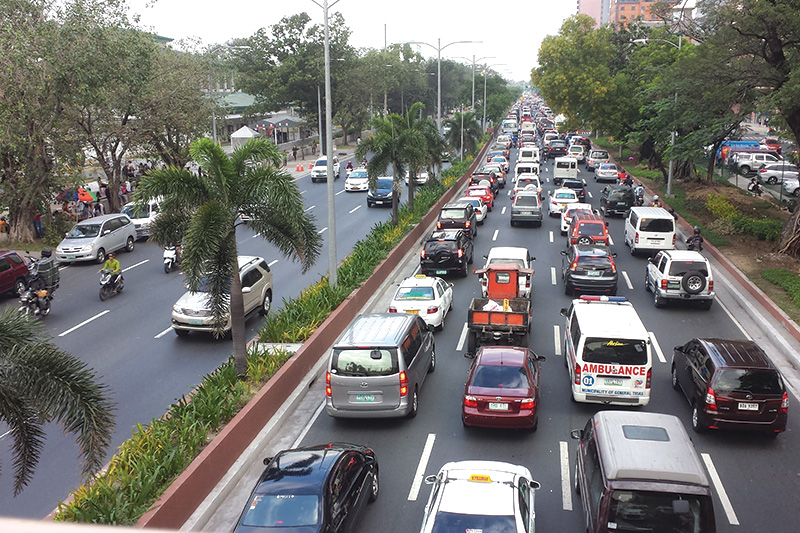Transport efficiency must be integrated says Energy Efficiency Global Forum

‘Doubling Down on Energy Efficiency’ was the theme of the 12th Energy Efficiency Global Forum (EE Global) in Washington, DC at which FIA Foundation Deputy Director Sheila Watson made the case for refocussing commitment on transport efficiencies on June 11 and 12.
EE Global 2019 aimed to support a critical dialogue on how to facilitate faster, broader implementation of energy efficiency solutions to help mitigate climate change and drive economic growth. A new global coalition for advancing energy efficiency to address climate change, EE Global Alliance (EEGA), was also announced at the event. The new alliance, which includes the FIA Foundation, comprises government, corporate and NGO leaders working to raise the profile of energy efficiency in international energy and climate discussions, with a goal of more quickly and deeply implementing efficiency solutions commensurate with the urgency of climate change.
Global energy efficiency investments are lagging badly: The IEA estimates that, to meet climate goals, annual EE investment needs to double between now and 2025—and then double again. Unless the international political, financial and philanthropic communities give greater priority to rapidly scaling efficiency policies and investments, the rate of emissions reductions will remain too slow to alter the climate trajectory.
Speaking at the high-level plenary session, she said: “…we need to do more – improve our policies to promote EVs; dissuade the use of ICE; and most particularly avoiding and shifting from motorised to non-motorised modes, and the transport accelerator will continue to support these efforts.”
In the session ‘Integrating Transportation Efficiency’ Sheila Watson and other speakers discussed the challenge of guiding the transportation sector to provide more equitable access while making it more efficient to avoid increases in climate emissions and congestion. The panelists, which also included John Markowitz of New York Power Authority, Brad Stertz of Audi of America and Austin Brown of UC Davis, discussed different ways transportation innovations are changing the sector.
One of the main themes was that electrification of transportation is critical to the future of clean transportation. John Markowitz described how EVs are an enormous opportunity to support the future of the utility industry, and Brad Stertz commented on how electric vehicles are key for the light-duty vehicle industry to achieve higher levels of efficiency. However, the rate of electrification is insufficient, or – as Sheila Watson put it — “EVs will not save us.” As a result, the panel agree that cities and governments must consider enhancing efficiencies across other aspects of the transportation sector, including mechanisms to enhance the use of “non-motorized” modes, such as walking and biking.
